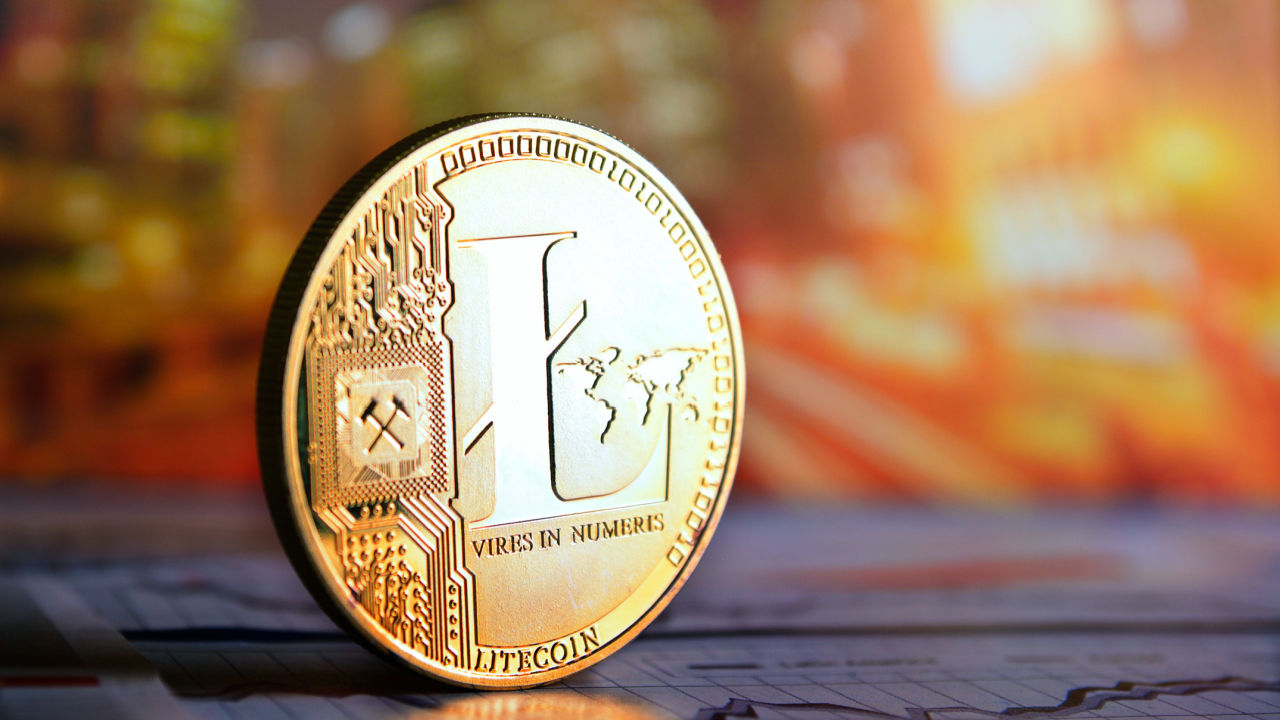Cryptocurrencies are gaining more attention and becoming an attractive asset for investors. Litecoin (LTC) is one of the leading cryptocurrencies in the crypto world and is a popular choice for those looking to trade or make long-term investments in other cryptocurrencies. In this article, you will find all the information you need on how to buy and store Litecoin (LTC).
What is Litecoin (LTC)?
Litecoin is a cryptocurrency developed and launched by Charlie Lee in 2011. It is considered one of the oldest and most prominent cryptocurrencies. It uses a similar underlying structure to Bitcoin (BTC), but has some important differences. Litecoin is designed to speed up transaction confirmation times. Each Litecoin block is generated or mined approximately every 2.5 minutes, while Bitcoin takes about 10 minutes. Additionally, Litecoin uses a mining algorithm called Scrypt, while Bitcoin uses the SHA-256 algorithm.

Litecoin has a total supply of 84 million LTC. This means that Litecoin has a limited supply, which can affect its potential value increase. Furthermore, Litecoin is an open-source project and is not controlled by a central authority. Users can contribute to the Litecoin network and anyone can become a Litecoin miner.
With all these features, Litecoin is quite similar to Bitcoin, but stands out with its transaction speed and mining algorithm differences. Litecoin transactions are confirmed faster and consume less energy. Therefore, Litecoin is considered a more suitable option for daily transactions. Litecoin is mostly used as a digital payment method, but it is also considered as an investment asset. It can be bought and sold on many cryptocurrency exchanges.
There are various wallet options available for storing Litecoin. Users can choose different types of wallets such as paper wallets, hardware wallets, online wallets, or mobile wallets.
How to Buy Litecoin?
Those who want to buy LTC can follow the steps below. These steps are generally as follows:
- Select a Cryptocurrency Exchange: The first step is to choose a reliable cryptocurrency exchange. Exchanges are platforms where you can buy and sell LTC and other cryptocurrencies. Some of the cryptocurrency exchanges that list LTC include Coinbase, Binance, Kraken, and Bitstamp.
- Create an Account: You will need to create an account on the chosen cryptocurrency exchange. The registration process usually includes email verification and may require identity verification.
- Identity Verification and Security: Some cryptocurrency exchanges require users to verify their identities. The identity verification process enhances the security of the platform and complies with legal requirements. Additionally, you may consider using two-factor authentication to keep your account secure.
- Create a Wallet: A wallet is necessary to store LTC. Wallets can be software or hardware-based and help you keep your digital assets secure. Recommended wallets for Litecoin include Litecoin Core, Electrum-LTC (offline wallet), and LoafWallet (mobile wallet). Download and install one of these wallets.
- Deposit Funds: You can use the accepted payment methods of the exchange to deposit funds into your cryptocurrency exchange account. Credit cards, bank transfers, and other cryptocurrencies are usually accepted. You can buy Litecoin with the deposited money.
- Buy LTC: Using the deposited money, you can now buy LTC. The interfaces of cryptocurrency exchanges generally offer a simple buying process.
How to Store Litecoin?
To securely store the LTC you purchased from cryptocurrency exchanges, you can use one or more of the following options. These can be generally listed as follows:
- Hardware Wallets: Hardware wallets are one of the most secure storage options. These wallets offer offline storage and physically protect your private keys. Examples include Ledger Nano S, Ledger Nano X, and Trezor.
- Software Wallets: Software wallets are stored on your computer or mobile device. Wallets like Litecoin Core, Electrum-LTC, and LoafWallet are convenient and secure options.
- Paper Wallets: Paper wallets allow you to physically store your private keys by writing them on paper. This provides extra protection against computer hackers, but you should not forget the risk of losing the paper wallet.
- Exchange Wallets: Exchange wallets are online wallets provided by exchanges. However, these wallets are generally less secure and may limit your control over your private keys. They should not be used to store large amounts of Litecoin.
Buying and storing Litecoin should be done carefully and securely. The value of cryptocurrencies is volatile and there is a risk of security breaches, so it is important to use reliable sources and follow good security practices. Understanding market conditions and risks is also crucial when investing in Litecoin.

 Türkçe
Türkçe Español
Español










